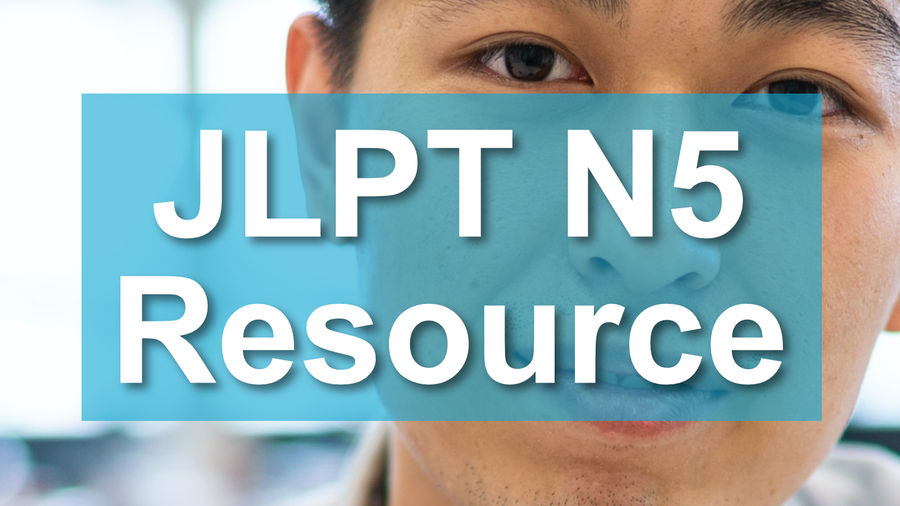· 4 min read
JLPT N5 Adjectives
Japanese Adjectives with Sentence Examples for your JLPT Studying Needs!

Here is a curated list of essential adjectives to master for the JLPT N5 examination. Accompanying each adjectives are a few fundamental sentences, showcasing the practical application of the adjectives in various contexts.
Understanding and mastering the most common adjectives is crucial for success on the Japanese Language Proficiency Test (JLPT) N5. In this article, we’ll list the essential adjectives and provide two example sentences for each to help you better comprehend their usage.
いい (Good)
- このレストランはとてもいいです。(This restaurant is very good.)
- かれはいいひとです。(He is a good person.)
わるい (Bad)
- このえいがはわるかったです。(This movie was bad.)
- わるいてんきですね。(The weather is bad, isn’t it?)
あたらしい (New)
- あたらしいくつをかいました。(I bought new shoes.)
- これはわたしのあたらしいじてんしゃです。(This is my new bicycle.)
ふるい (Old)
- そのふるいたてものはれきし的です。(That old building is historically significant.)
- わたしのふるいせいかつがなつかしくていいです。(I miss my old life.)
たかい (High, Expensive)
- このホテルはとてもたかいです。(This hotel is very expensive.)
- あのビルはたかいですね。(That building is tall, isn’t it?)
やすい (Low, Cheap)
- このふくはやすいです。(These clothes are cheap.)
- そのやまはやすいです。(That mountain is low.)
おおきい (Big, Large)
- このいえはとてもおおきいです。(This house is very big.)
- おおきいくじらがみえました。(I saw a large whale.)
ちいさい (Small)
- そのちいさいねこがかわいいです。(That small cat is cute.)
- ちいさいけいたいでんわがほしいです。(I want a small mobile phone.)
あつい (Hot)
- きょうはとてもあついですね。(It’s very hot today, isn’t it?)
- このみせであついコーヒーがありますか?(Do you have hot coffee in this shop?)
さむい (Cold)
- さむいふゆがきました。(The cold winter has come.)
- このへやはさむいです。(This room is cold.)
はやい (Fast, Early)
- このでんしゃははやいです。(This train is fast.)
- かれはいつもはやくきます。(He always comes early.)
おそい (Slow, Late)
- このバスはおそいです。(This bus is slow.)
- わたしはおそくかえりました。(I returned home late.)
たのしい (Fun, Enjoyable)
- このゲームはたのしいです。(This game is fun.)
- きのうのパーティーはたのしかったです。(Yesterday’s party was enjoyable.)
かなしい (Sad)
- そのはなしはかなしいです。(That story is sad.)
- かれはかなしいかおをしています。(He has a sad face.)
くろい (Black)
- このくるまはくろいです。(This car is black.)
- くろいふくをきます。(I wear black clothes.)
しろい (White)
- しろいゆきがふっています。(White snow is falling.)
- このボールペンはしろいインクです。(This pen has white ink.)
By studying these adjectives and practicing their usage in sentences, you’ll strengthen your Japanese vocabulary and enhance your preparation for the JLPT N5. Good luck with your studies!